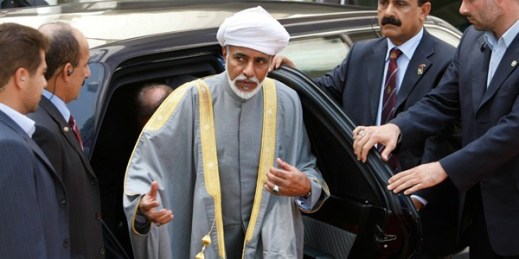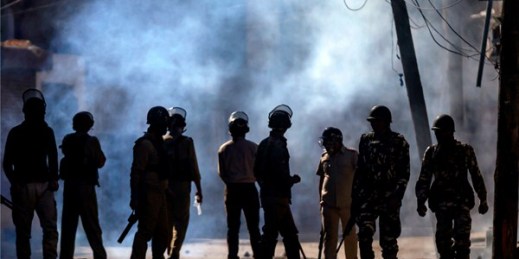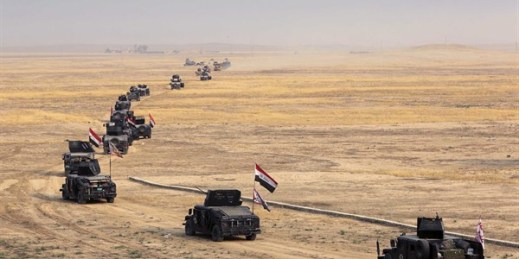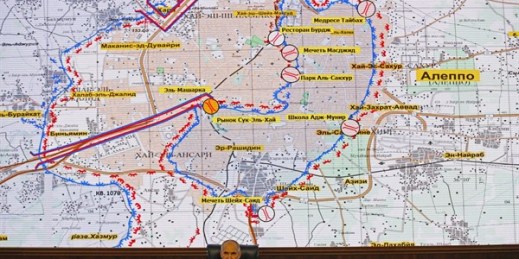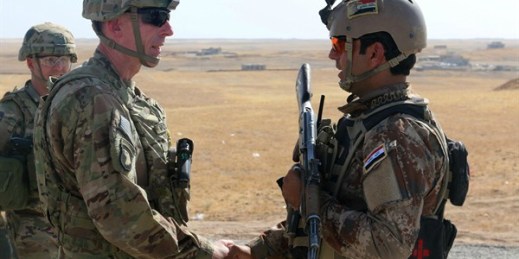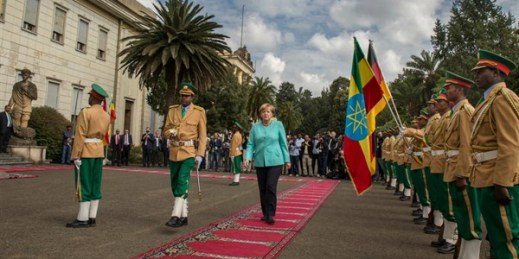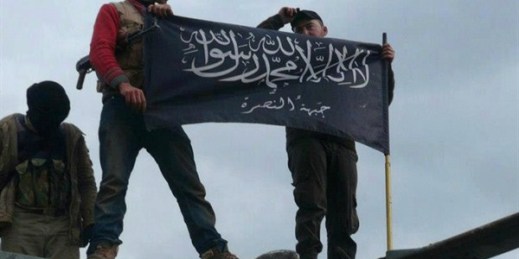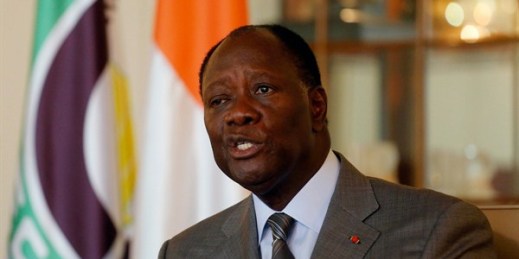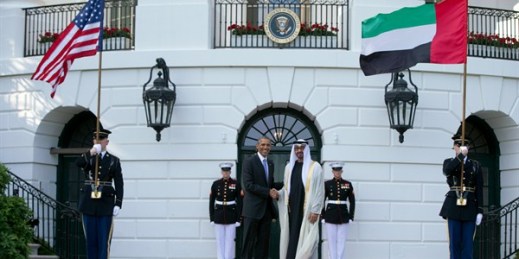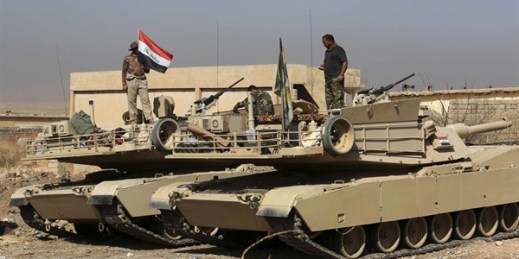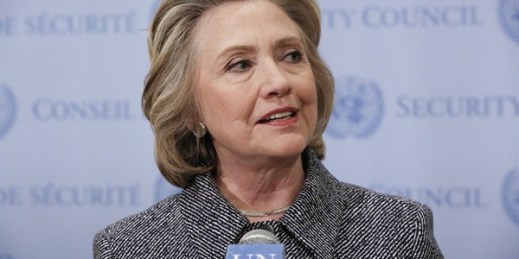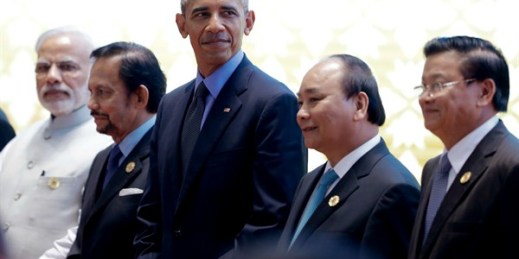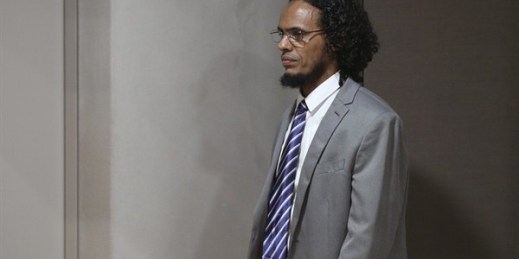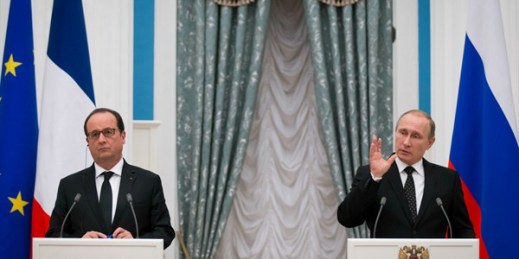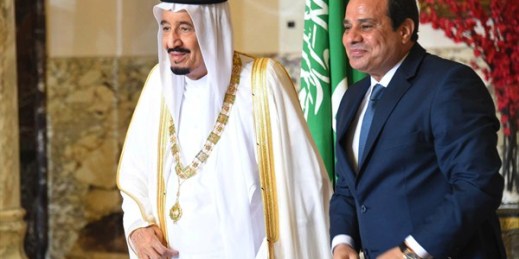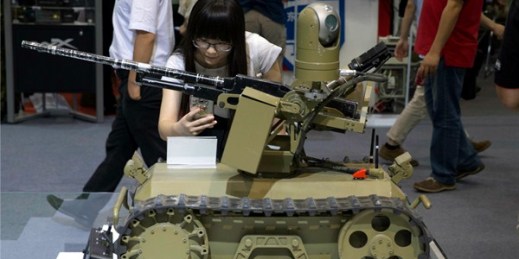
Throughout history there have been times when new technology changed how wars were fought, and the politics of war itself, in ways that its early adapters did not anticipate. When fragile flying machines first appeared over the battlefield, who could have foreseen that one day bombers, drones and missiles could strike with such precision and at such range that they would alter the actual role of geography in warfare? Today, another revolutionary technology is emerging with robots, but its implications remain unclear. With the robotic revolution, America’s futurists, military leaders, strategists and policymakers must work hard to cast a light […]

